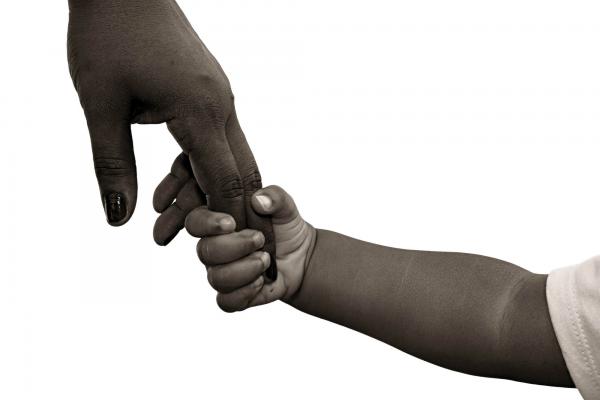Mar 20, 2017
It was this fundamental story of black faith that I wanted to sow deep within my son. I realized that if I was to prevent the denigrating pieces of white inhumanity from being “implanted deep within [him],” then he had to know the story of faith that has helped black people “in the teeth of the most terrifying odds, achieve an unassailable and monumental dignity.”
Read the Full Article

Already a subscriber? Login
